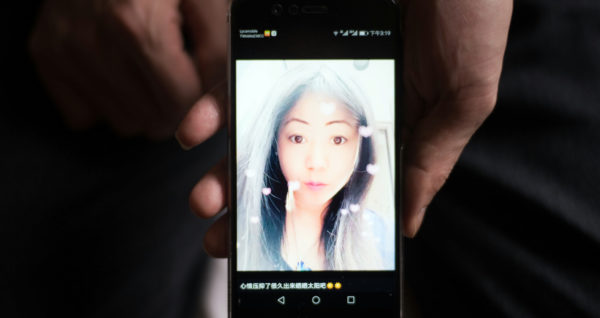When Pulitzer Prize winning reporter Dan Barry began his investigation into the tragic death of Song Yang, a Chinese woman ensnared in the illicit massage parlor industry, he turned to our Anti-Trafficking Initiative (ATI).
Lori Cohen is the Director of Sanctuary’s Anti-Trafficking Initiative.
—
When Pulitzer Prize winning reporter Dan Barry began his investigation into the tragic death of Song Yang, a Chinese woman ensnared in the illicit massage parlor industry, he turned to Sanctuary for Families’ Anti-Trafficking Initiative (ATI). Interviewing ATI’s Manager of Outreach Yvonne Chen a dozen times over an eight-month period, as well as myself, “The Case of Jane Doe Ponytail,” published as a special Sunday Times report in mid-October of 2018, is a heartbreaking portrait of a life extinguished too soon.
Barry reached out to Sanctuary because the Anti-Trafficking Initiative has gained renown for its ability to identify trafficking survivors and provide comprehensive services to individuals seeking to escape the commercial sex industry. Our staff of Mandarin and Korean-speaking attorneys and case managers have been instrumental in educating law enforcement, service providers, and advocates on the cultural, political, and economic factors that trap East Asian women in the commercial sex trade.
With our pro bono partners, ATI has served some one thousand immigrant women referred for consultations through New York City’s Human Trafficking Intervention Courts. Additionally, Sanctuary staff have conducted direct outreach to Chinese and Korean women in massage parlors throughout New York City, advising them of their legal rights, including their right to be free of violence inflicted by the men purchasing them for sex.
While ATI was privileged to serve as a key resource for Barry’s investigative report, we are deeply saddened by a lost opportunity to meet “Jane Doe Ponytail”. Following an earlier arrest, the Human Trafficking Intervention Court had referred her to Sanctuary for a consultation. Sadly, she died the week before her scheduled appointment. In reading of her loneliness and sense of futility, we only wish that our team had been able to provide her with the help she so desperately needed. Her loss has spurred us to redouble our efforts in the hopes of helping the many other individuals like Song Yang to become free from commercial sexual exploitation.
If you haven’t already, I encourage you to read this important piece.

